"How do I improve my testosterone levels?" Few hormones have built a reputation like testosterone.
This anabolic hormone is responsible for building muscle, strength, and virility. It’s also essential for maintaining bone density, fat distribution, and red blood cell production.
Unfortunately, as men age, their testosterone levels decline. This natural drop in testosterone can lead to several undesirable changes, including decreased muscle mass and strength, increased body fat, reduced sex drive, and erectile dysfunction.
Fortunately, there's hope for men dealing with declining testosterone levels. Diet can play a role in improving testosterone levels. Eating the right foods can improve your overall health and keep your testosterone levels up.
This article will discuss how diet can improve your testosterone levels and what foods you should eat to boost your testosterone.
How does diet impact testosterone levels?
Before we look at specific foods that can improve testosterone levels, it’s crucial to understand how diet impacts testosterone production.
Testosterone is produced in the testicles and adrenal glands. The testicles produce 95% of the body’s testosterone, while the adrenal glands produce the other 5%.
Testosterone production is regulated by several hormones, including luteinizing hormone (LH) and follicle-stimulating hormone (FSH). LH is produced in the pituitary gland and signals the testicles to produce testosterone. FSH is also produced in the pituitary gland and signals the testicles to produce sperm.
Testosterone production can be impacted by a number of factors, including stress, sleep, and diet.
When it comes to diet, the most critical factor is calories. A calorie deficit will lead to lower testosterone levels, while a calorie surplus will lead to higher testosterone levels.
In addition to calories, other nutrients can also impact testosterone production. For example, zinc is needed for the production of testosterone. A zinc deficiency can lead to lower testosterone levels.
Conversely, excess iron can have a negative impact on testosterone production. Too much iron can lead to higher oestrogen levels, which can lead to lower testosterone levels.
Five Foods that May Harm Testosterone Levels
Now that we understand how diet impacts testosterone production let’s look at five specific foods you should avoid if you want to keep your testosterone levels up.
-
Soy
Soy is a common food allergen that can have a negative impact on hormone levels.
Soy contains phytoestrogens, which are plant-based estrogens. These phytoestrogens can mimic the effects of oestrogen in the body and lead to lower testosterone levels.
-
Dairy
Dairy products, especially milk, are another food that can have a negative impact on testosterone levels.
Dairy products contain a hormone called prolactin, which can suppress testosterone production. In addition, dairy products are often high in saturated fat, which can lead to higher oestrogen levels.
-
Sugar
Sugar is one of the worst offenders when it comes to foods that can harm testosterone levels.
Sugar can lead to insulin resistance, which can reduce testosterone production. In addition, sugar is often high in calories, which can lead to weight gain and lower testosterone levels.
-
Alcohol
While not a food, alcohol consumption can also harm testosterone production.
Alcohol consumption can lead to liver damage, which can reduce testosterone production. In addition, alcohol consumption can lead to a calorie surplus, which can also lead to lower testosterone levels.
-
Trans fats
Trans fats are artificial fats that are often found in processed foods.
Trans fats can have a negative impact on cholesterol levels and can lead to higher oestrogen levels. For these reasons, trans fats can have a negative impact on testosterone levels.
Five Foods to Add to Your Diet to Help Boost Testosterone Levels

If you are like most men, the five foods (and drinks) listed above are probably a regular part of your diet. If you want to keep your testosterone levels up, you need to make some changes to your diet and add in foods that will help boost testosterone production.
-
Zinc-rich foods
Zinc is an essential mineral for testosterone production. Foods that are high in zinc include oysters, beef, lamb, pumpkin seeds, and spinach.
-
Vitamin D-rich foods
Vitamin D is another nutrient that is essential for testosterone production. Vitamin D can be found in fatty fish, such as salmon, eggs, and fortified milk.
Healthy fats are essential for maintaining hormone levels. Good sources of healthy fats include avocados, olive oil, and nuts.
-
Fibre-rich foods
Fibre can help regulate hormone levels and can be found in beans, legumes, and whole grains.
-
Leucine-rich foods
Leucine is an amino acid that is involved in protein synthesis. Foods that are high in leucine include beef, chicken, and fish.
Adding these five foods to your diet can help boost your testosterone levels and improve your overall health.
Lifestyle Changes that Can Also Help Boost Testosterone
Not only can certain foods help boost testosterone levels, but lifestyle changes can also have a positive impact.
-
Exercise regularly
Exercise is one of the best things you can do for your health. Exercise can help improve your overall health, including your testosterone levels.
-
Get enough sleep
Sleep is vital for hormone production. Getting enough sleep can help improve your testosterone levels.
-
Reduce stress
Stress can have a negative impact on hormone production. Reducing stress can help improve your testosterone levels.
-
Avoid environmental toxins
Certain environmental toxins, such as pesticides and heavy metals, can have a negative impact on hormone production. Avoiding these toxins can help improve your testosterone levels.
Making simple changes to your diet and lifestyle can help improve your testosterone levels and improve your overall health.
Can Nutritional Supplements Boost Testosterone?
When you want to give your system a testosterone boost, you may be wondering if nutritional testosterone supplements can help. While there is no magic pill that will instantly increase your testosterone levels, there are certain supplements that can help.
-
Zinc
Zinc is an essential mineral for testosterone production. You find zinc in a variety of foods, including oysters, beef, lamb, pumpkin seeds, and spinach. You can also find zinc in supplement form.
-
Vitamin D
Vitamin D is another nutrient that is essential for testosterone production. A vitamin D supplement is a beneficial way to improve your overall health and increase your testosterone levels.
-
Fenugreek
Fenugreek is an herb that has been shown to positively impact testosterone levels. Taking a fenugreek supplement during your routine can help improve your overall health and help give your testosterone levels a boost.
-
Tribulus terrestris
Tribulus terrestris is an herb that has been shown to impact testosterone levels positively. Taking a tribulus terrestris supplement along with other testosterone-boosting nutrients can help improve your overall health.
-
D-aspartic acid
D-aspartic acid is an amino acid that is involved in protein synthesis. Taking a d-aspartic acid supplement can help improve your overall health and can also help boost your testosterone levels.
Food and Testosterone: Key Takeaways
Men don't have to suffer from low testosterone levels.
By making simple changes to their diet and lifestyle, men can significantly improve their overall health, including their testosterone levels. In addition, nutritional supplements can also help improve testosterone levels.
By making these changes, men can improve their health and well-being. Check out quality supplements today to find the perfect one for you.
Suggestions for Supplements to Help Improve Testosterone Levels
For Fenugreek
For Vitamin D








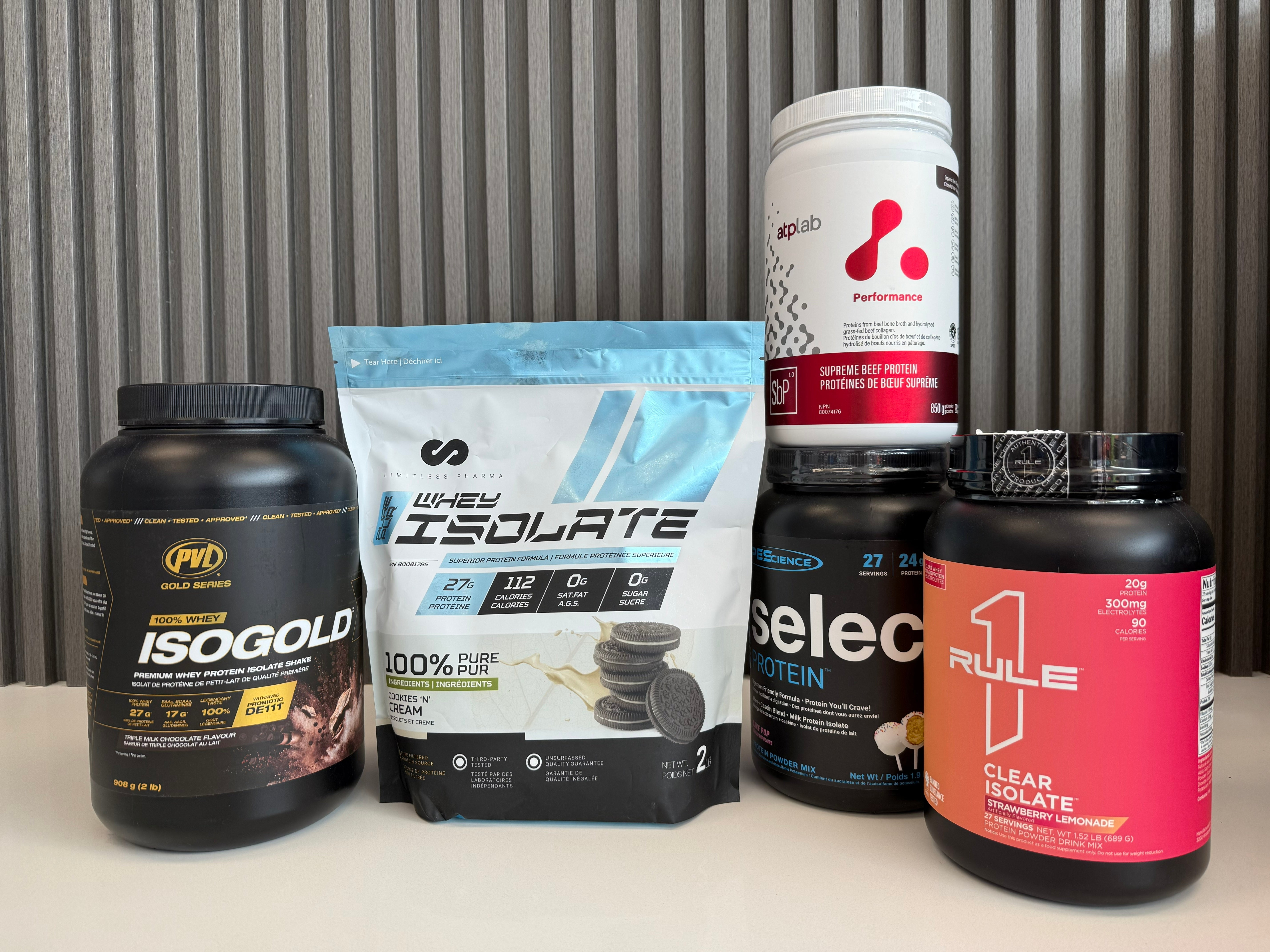
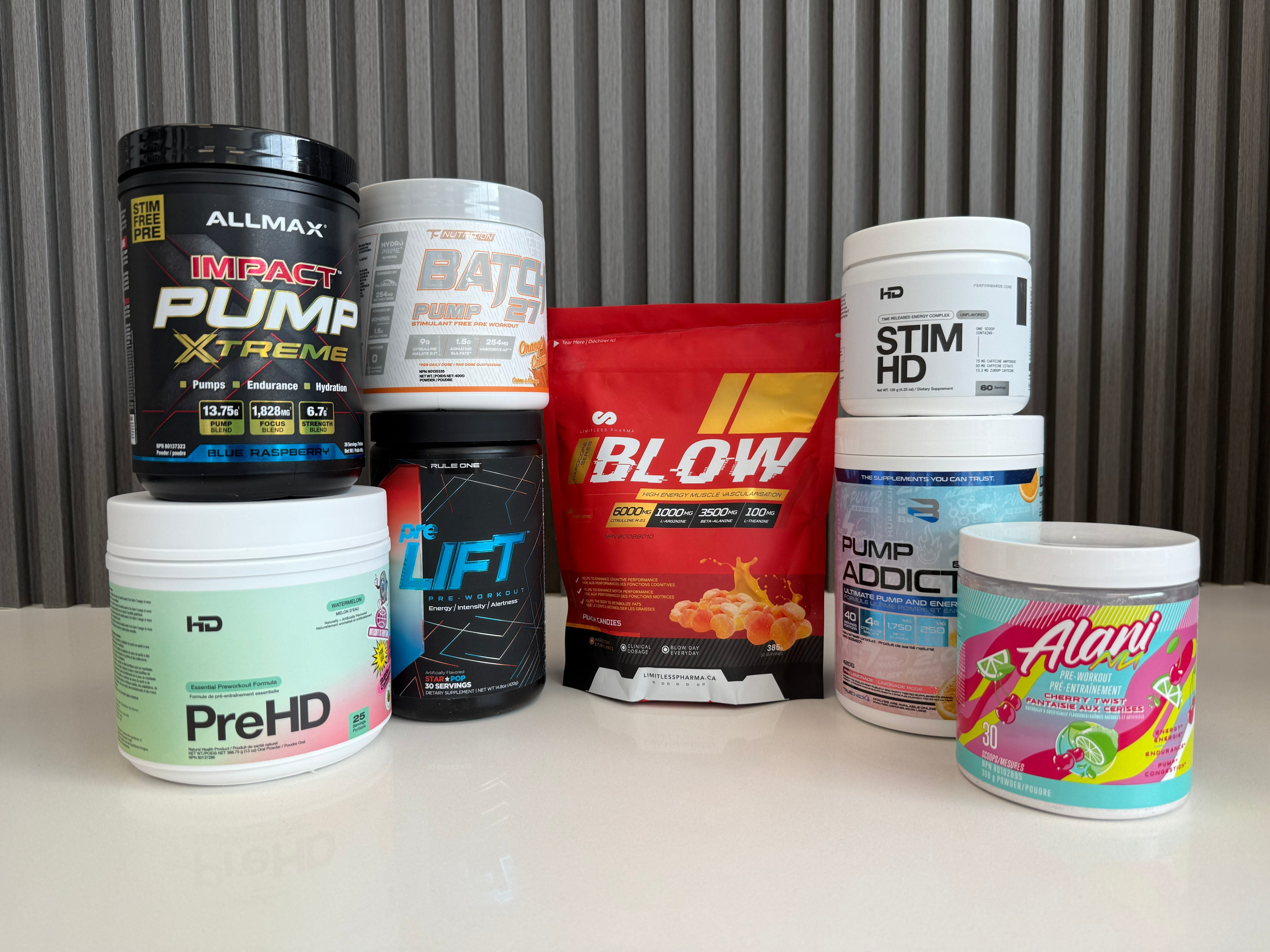
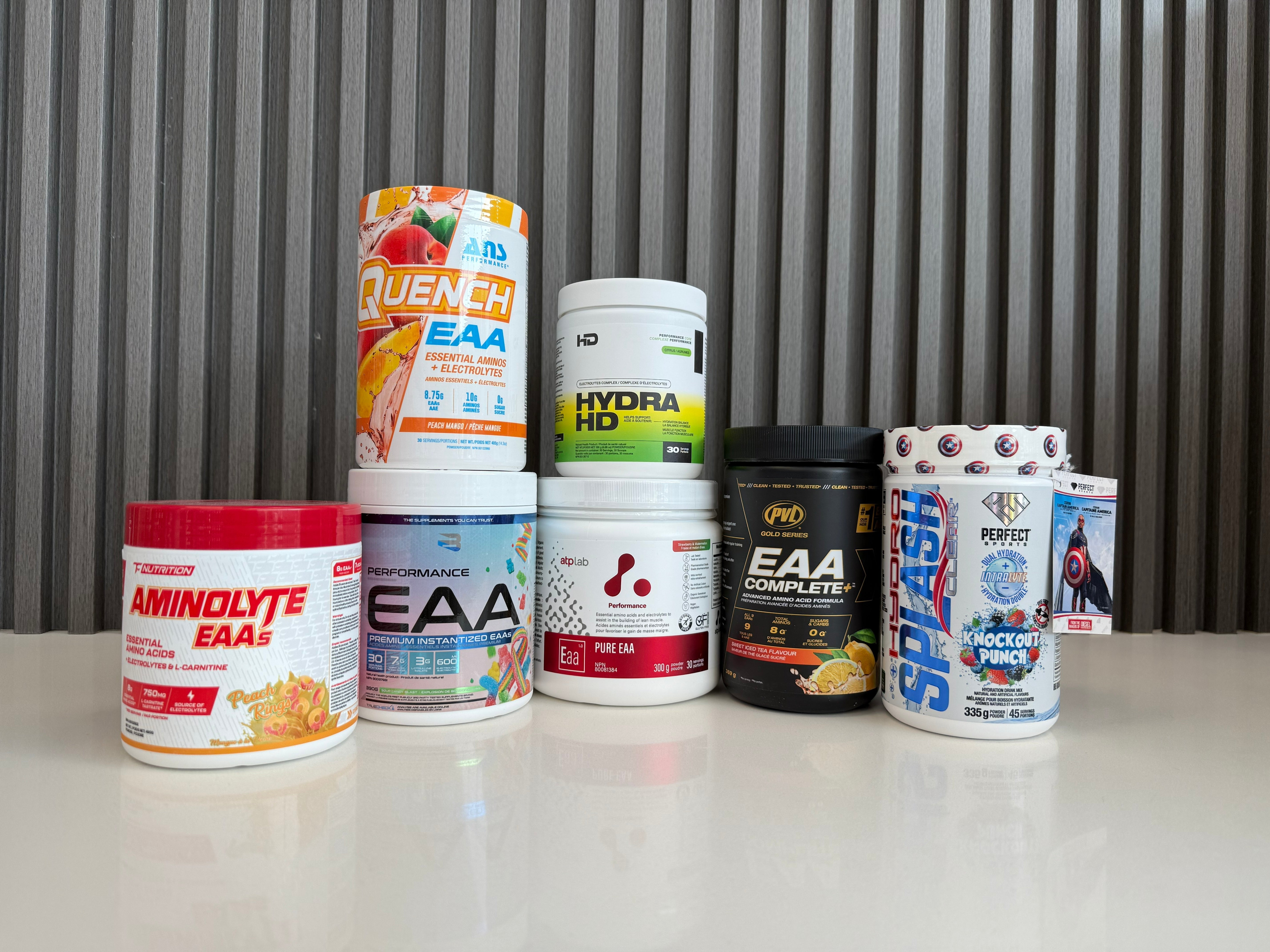
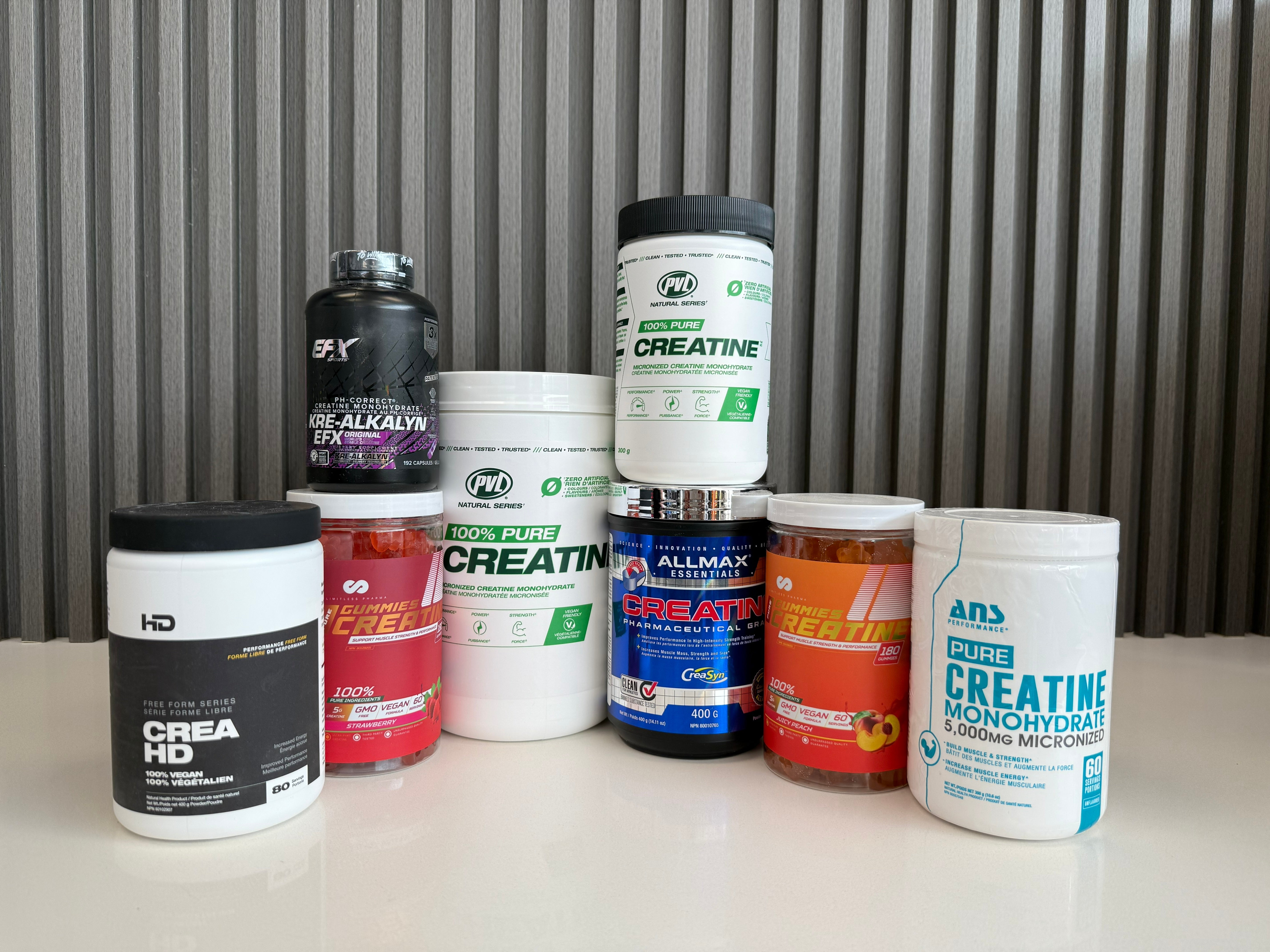
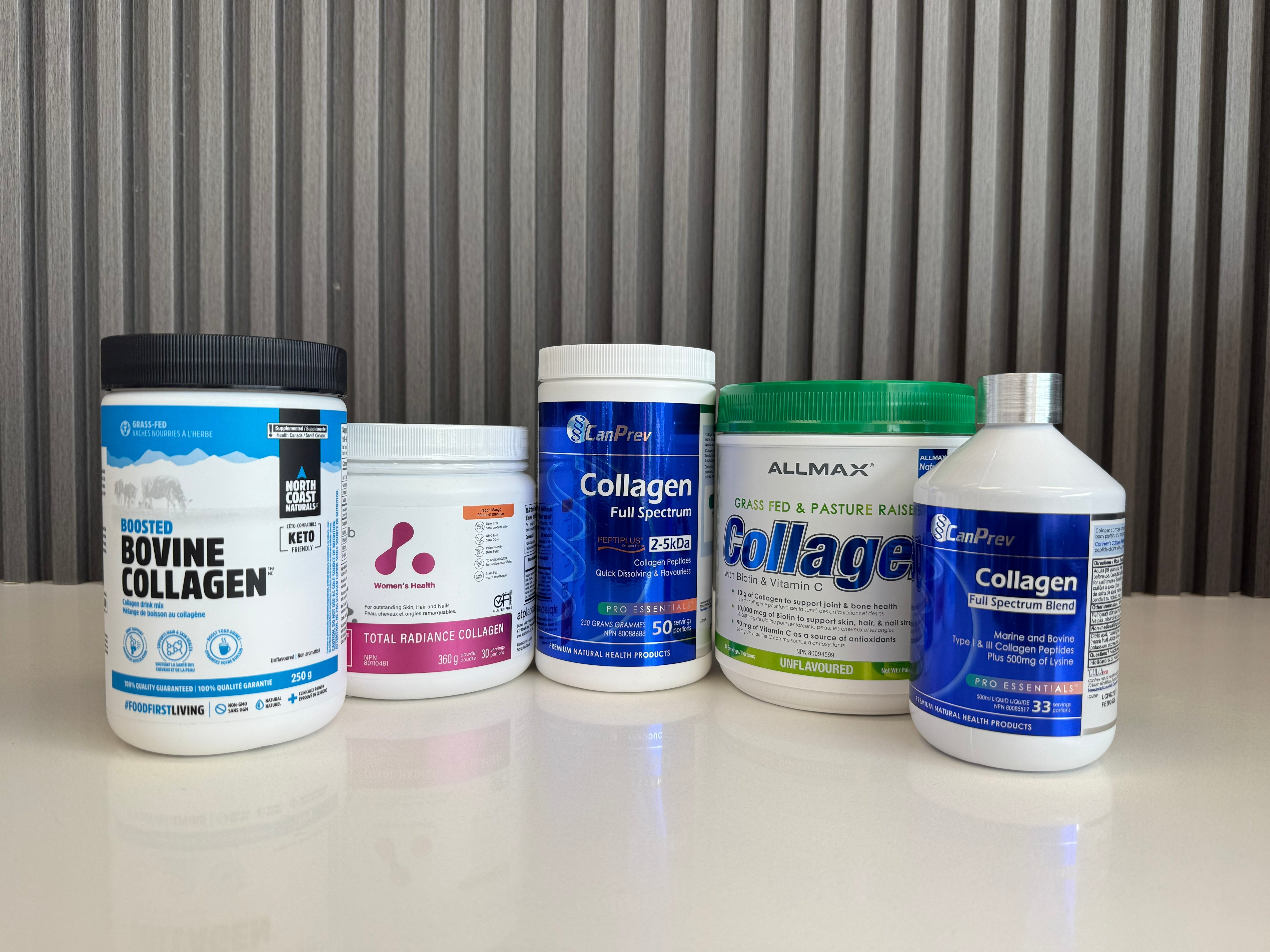
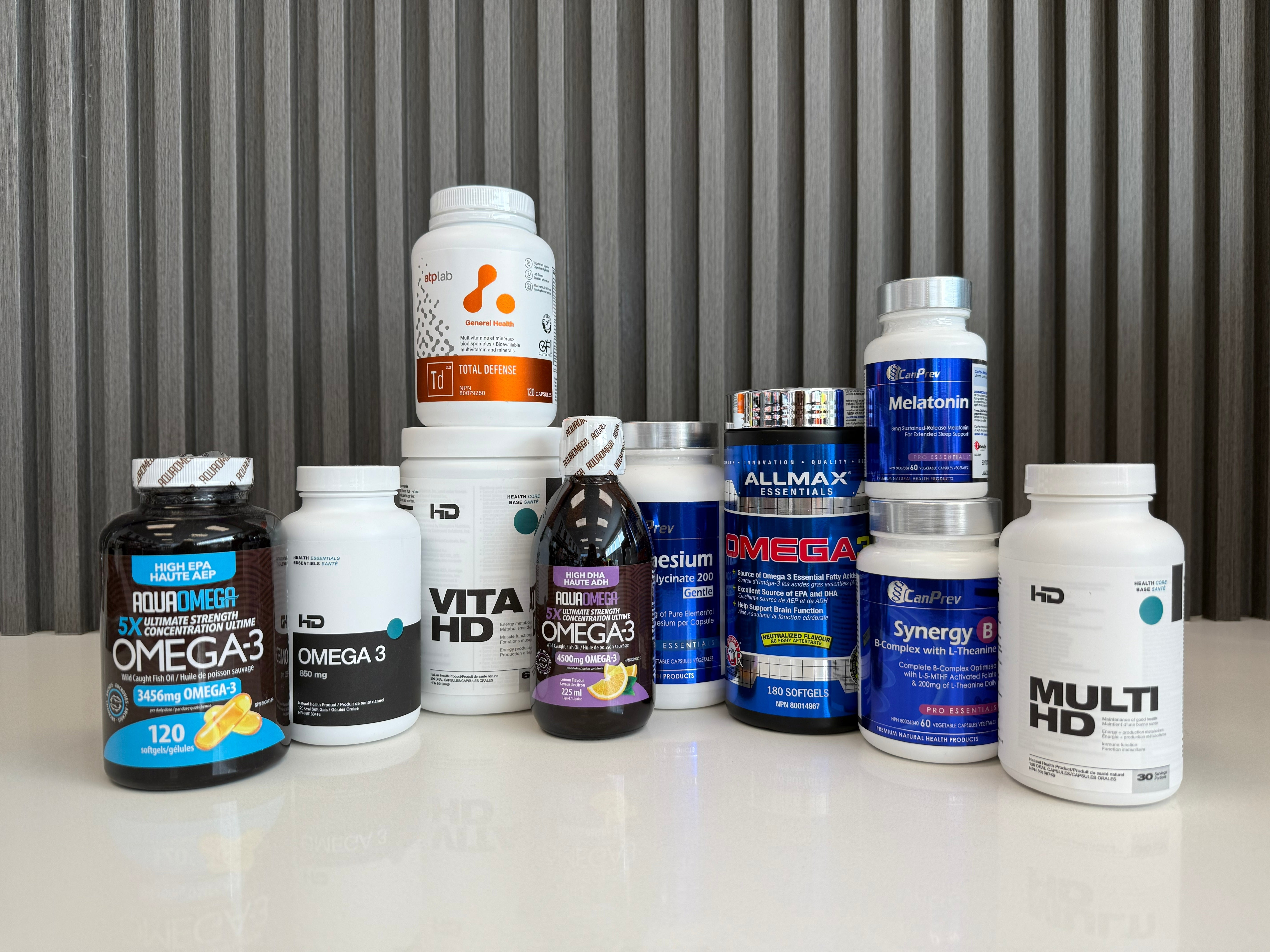
Leave a comment
All comments are moderated before being published.
This site is protected by hCaptcha and the hCaptcha Privacy Policy and Terms of Service apply.